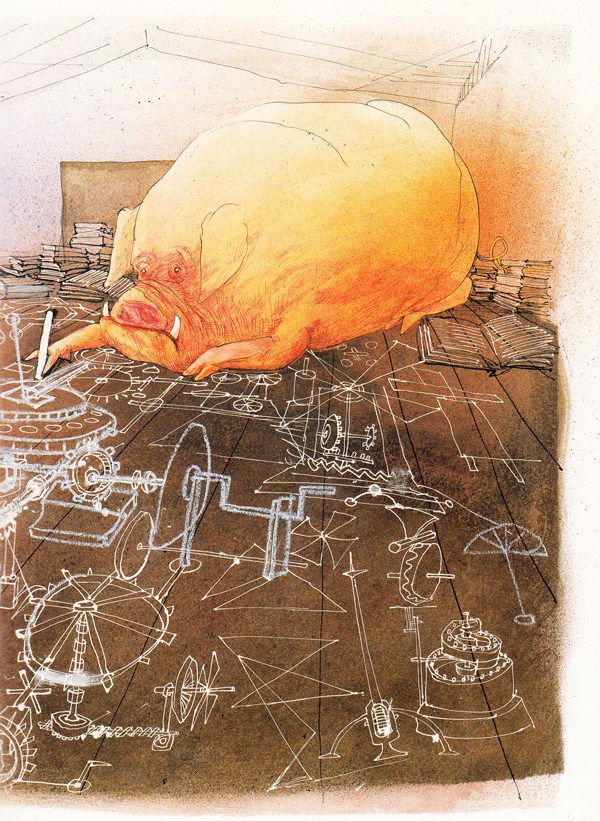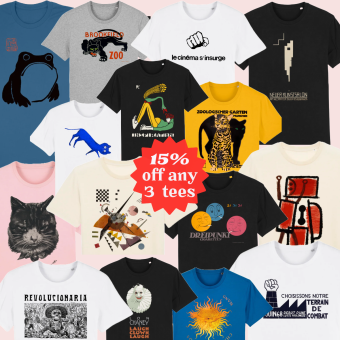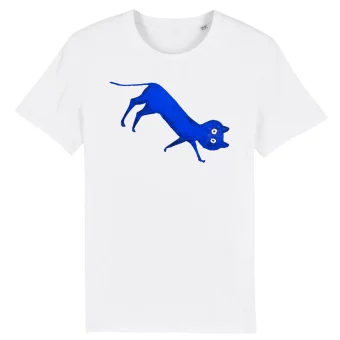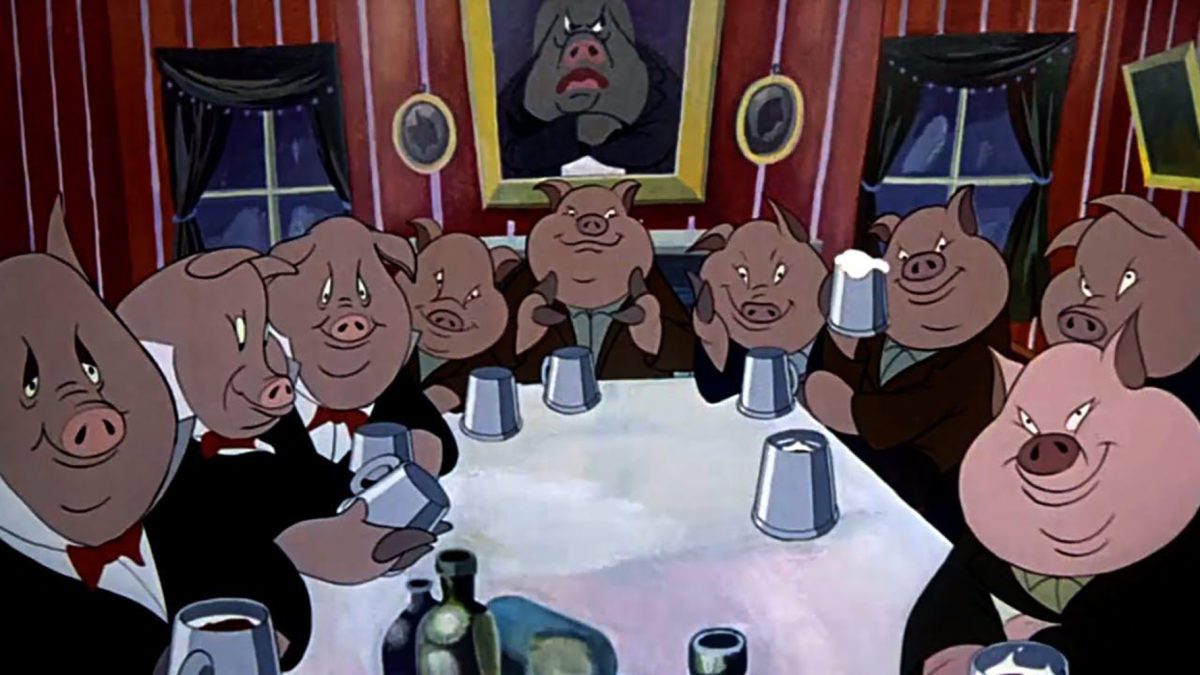
The FBI dossier on British writer George Orwell shows is that his books Animal Farm and 1984 was coopted by the US and the Soviets to push their own world views. In the 1950s, the US pitched 1984 was a warning about the dangers of Soviet totalitarianism. In the 1960s, the Soviets told the Russian people that Orwell’s book was more documentary than satire and in America everybody really was being watched. The Soviets reported in. missive wide distributed throughout the bloc that 1984 shows us the America “where police surveillance and investigation has surpassed the world and had no equals. Already today an American lives, so to speak, under a glass cover, and is viewed from all sides.” (You can read what Orwell said about his book here.)
To both sides, how you interpreted Orwell’s book revealed your political beliefs. In the 1960s and 1970s the FBI monitored George Orwell societies and film clubs on US campuses to make sure they were not a cover for pro-socialist behaviour.
Details of Orwell’s FBI file are now in the public domain, albeit heavily redacted. The file, opened by J Edgar Hoover, the FBI chief, begins with a letter from Orwell’s publishers in April 1949, saying: “We hope you might be interested in helping to call this book to the attention of the American public – and thus, perhaps, helping to halt totalitarianism”.
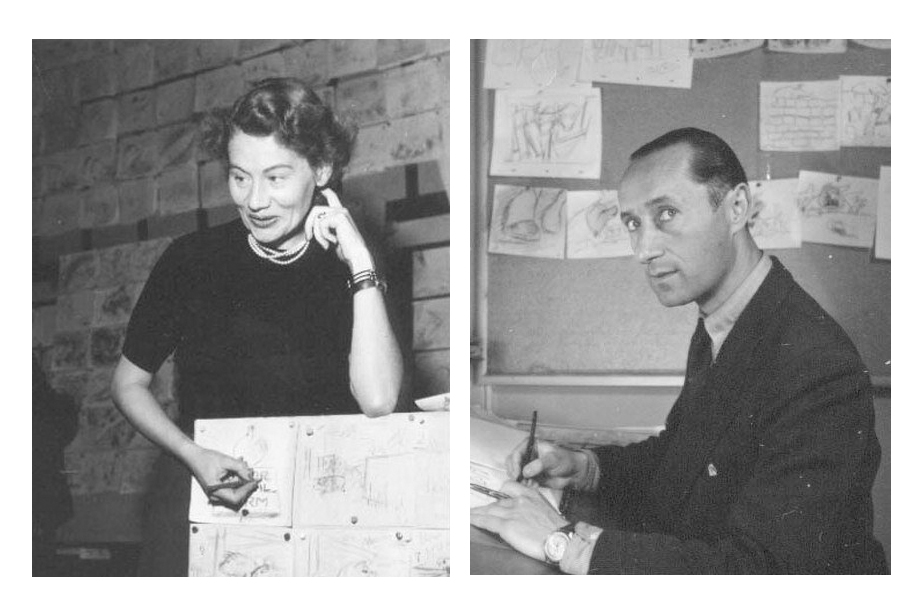
Joy Batchelor and her husband John Halas, who created the animated Animal Farm
Eugene Reynal, the vice-president of the publishing company Harcourt Brace, added: “1984 is an important book because it provides a picture of a plausible but frightening extension of present social and political trends. Orwell brings home to the reader in a story of mounting interest the horrors of a totalitarian world can and may bring to us within less than two generations… The book leaves the reader with the shocked feeling that there is not single horrible feature in the world of 1984 that is not present, in embryo, today. It describes the process by which the last man in whom the spark of human spirit has not been totally suppressed, comes to believe, literally, that two plus two equals five.”
The message was then repackaged to those of non-reading age. In 1955 the British made an animated version of Orwell’s Animal Farm – was the first full-length animated film made in Great Britain.
The film was directed by Joy Batchelor and her husband John Halas, whose Halas and Batchelor production company had been taken over by the UK Ministry of Information in 1940, and used to create propaganda and educational films for the war effort.
Largely true to the book, the animated Animal Fram ends with a more “hopeful” vision. Orwell’s book ends with resignation from the proletariat and trebles all round for the the pigs. Halas thought it not right for the film. “You cannot send home millions in the audience being puzzled,” he said in 1980. So in the film the pigs are trampled to death by the other animals.
The FBI loved it, stating that it had “hit the jackpot”. the CIA loved it too, which was good because they paid for it. In 1951, the CIA’s Office of Policy Coordination (OPPC) obtained the rights to the book from Sonia Orwell, the author’s widow. The film executives she sold the rights to, Carleton Alsop and Farris Farr, were, unbeknownst to her, undercover agents for the OPCC, which was funding anti-communist art for E. Howard Hunt’s Psychological Warfare Workshop. Hunt picked The March of Time newsreel series producer Louis de Rochemont and his production company as a front organisation for production.
By way of thanks, members of the CIA’s Psychological Warfare Workshop arranged for Sonia to meet the actor Clark Gable.
Completed in 1954 the film was distributed the following year. The United States Information Agency (USIA) sent free tapes to schools and libraries.
Now you can watch it at home:
Would you like to support Flashbak?
Please consider making a donation to our site. We don't want to rely on ads to bring you the best of visual culture. You can also support us by signing up to our Mailing List. And you can also follow us on Facebook, Instagram and Twitter. For great art and culture delivered to your door, visit our shop.

